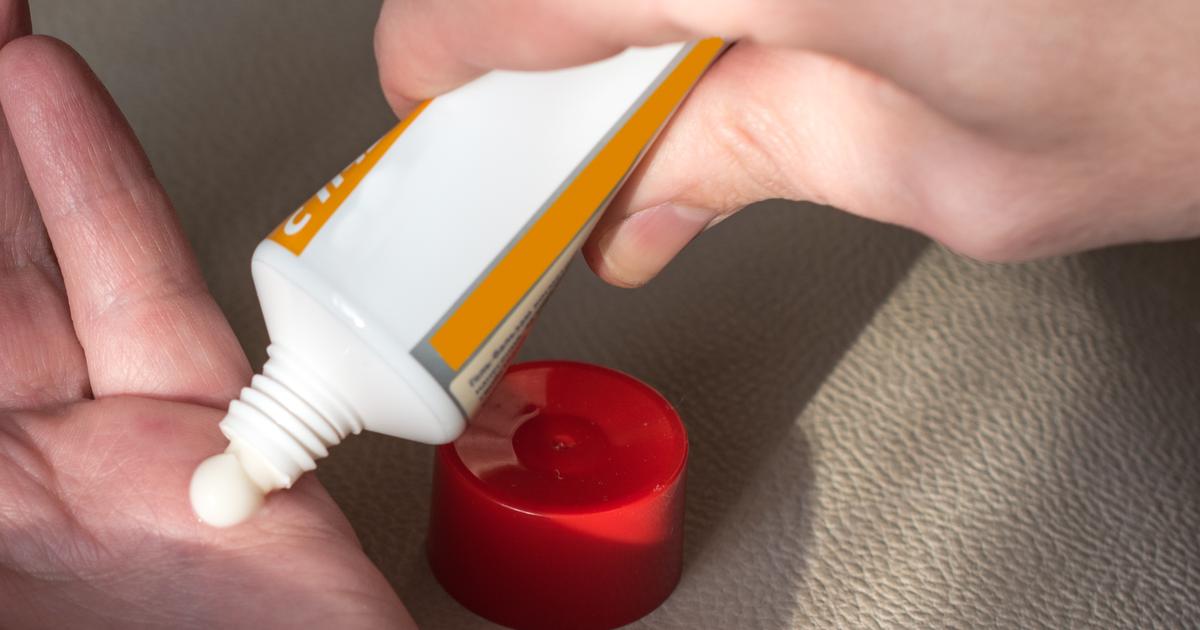How To Effectively Treat Hyperpigmentation
Hyperpigmentation is a common skin condition that typically presents in a person as their body ages. In this condition, patches of the skin become darker than the individual's normal skin tone. It occurs when melanin, the naturally brown pigment responsible for producing an individual's normal skin color, gathers in deposits on the skin, creating a darker patch. Hyperpigmentation affects individuals of all skin colors and tones, regardless of race. The most common form of this condition presents as liver or age spots, which occur as a result of sun damage over the course of an individual's life. Most patches develop on the hands and face and are harmless, though unsightly.
The following treatments have been shown to be effective in treating hyperpigmentation.
Use Topical Creams
Most doctors and dermatologists will recommend a patient use topical creams to address their hyperpigmentation. Because the issue is a cosmetic one, costs for treatment will come out-of-pocket, and this can be considered and factored in when choosing which option is best for an individual. Topical treatments typically include several common agents, such as hydroquinone, tretinoin cream, glycolic acid, azelaic acid, and corticosteroids. Hydroquinone is most used as an ingredient in prescription bleaching creams, either alone or with retinoids (tretinoin). Mild corticosteroids have also been shown to improve areas of discoloration, fading them over several months. These topical solutions allow instances of hyperpigmentation to become less noticeable because they treat the epidermis, or the topmost layer of the skin, where the issue is located.
Learn more about treating hyperpigmentation now.
Reduce Sun Exposure

Although anyone can develop hyperpigmentation, it's certainly much more likely to develop in the form of age spots in individuals who have spent a lot of time in the sun. Furthermore, those with fair skin, freckles, or a history of frequently burning in the sun are even more susceptible. One easy way to prevent or at least lessen or reduce hyperpigmentation is to reduce sun exposure. Individuals should try to avoid the sun between 10:00 a.m. and 2:00 p.m., as this window is home to the most intense of the sun's rays. When engaging in outdoor activities, they should be sure to use a sunscreen that offers protection from UVA and UVB light. This should be applied fifteen minutes or so before going out into the sun and reapplied often and generously. Wearing protective clothing will also help, as will shielding the face using a hat. Of course, everyone enjoys being outside on a beautiful day, but opting for shady spots is much better for the skin.
Keep reading to reveal more ways to treat hyperpigmentation now.
